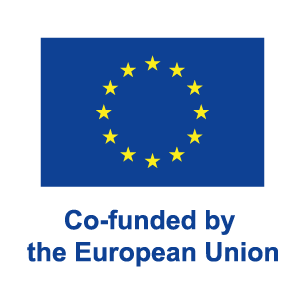Lipum AB (publ) is a clinical stage biopharmaceutical company (and an UBI Alumni) specialized in discovery and development of a novel treatment for chronic inflammatory diseases. The lead candidate SOL-116 is a humanized antibody designed to provide efficacious therapy by blocking a previously overlooked target molecule of the immune system (BSSL).
SOL-116 is in clinical stage supported by solid data for rheumatoid arthritis and the Phase I study has been completed with positive results.
We spoke with Ola Sandborgh, CEO of Lipum, to learn more about this milestone and its next steps.
Congratulations, Ola! What does this achievement mean for Lipum and your team?
“Reaching this milestone and with such excellent results is very important to us. For the company, we are now in a position where we have been able to prove that our lead candidate, the humanized monoclonal antibody SOL-116, is safe and well tolerated in humans. These results provide us with strong support and confidence as we move forward to the next step: a clinical proof-of-concept phase II study where we will evaluate the efficacy of SOL-116 in patients with rheumatoid arthritis (RA).”
“For the team, it is a key milestone reached and the end of a long project with many hours and hard work spent. I am so happy on their behalf and know they are proud of a great performance by delivering a highly qualitative report and result.”
What were the key findings from the Phase I study?
“The study delivered promising results, highlighting: SOL-116 is safe, well tolerated, and has predictable pharmacokinetics, supporting a once-monthly dosing regimen. It effectively suppressed BSSL (bile salt-stimulated lipase) in both healthy volunteers and RA patients. These findings provide a strong rationale for advancing to a Phase II Proof-of-Concept study.”
How did the team celebrate this milestone?
“So far, we have acknowledged the release of the top-line results and thanked all team members for reaching this stage. The real celebration will take place at our team meeting at the end of March, where we will review the full study report and celebrate as such a success requires.”
Can you share an update on your collaboration with the Karolinska Institute?
“The project is progressing well, and we are sticking to the planned timeline. We have successfully replicated many of the previous findings and have also gained new insights. We foresee final results to be released later in 2025.”


